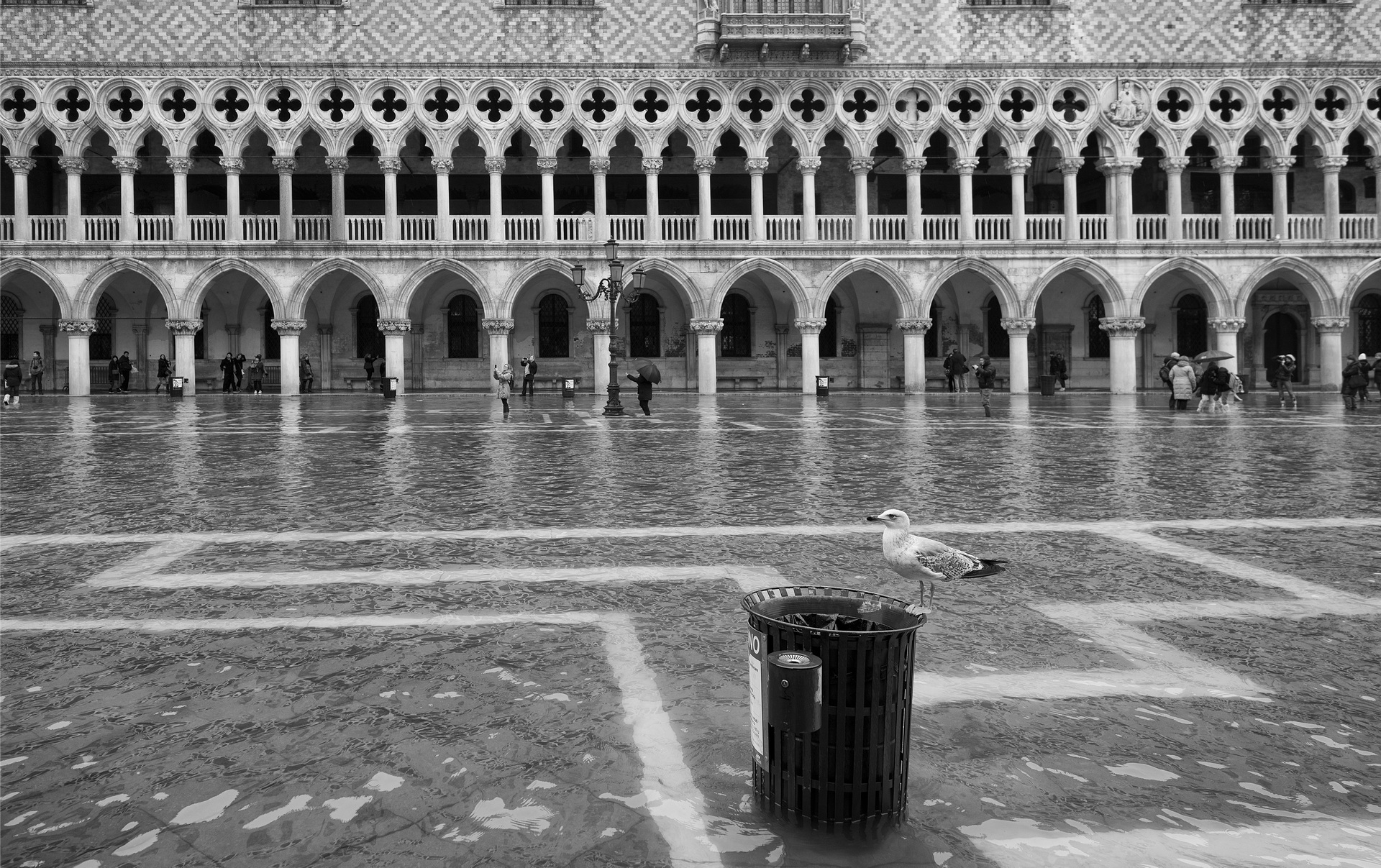You are here :
Call for Papers: Second International Science Communication Conference by University of Ljubljana
COMMUNICATING CLIMATE CRISIS AND EXTREME WEATHER EVENTS
2nd International Science Communication Conference, Ljubljana, October 10–11, 2024
The conference organised by the University of Ljubljana, the online journal Alternator, and the Museums and Galleries of Ljubljana aims to bring together experts active in science communication (and related fields) research, practice, training, or education.
The heat waves, forest fires, and catastrophic floods of summer 2023, as well as record-breaking temperatures across Europe and other parts of the world, were just one of many recent extreme weather events that contributed to the increasing media attention to climate change and, more importantly, the emerging climate crisis. The latter is not just another topic on political and media agenda. Still, it is rather a systemic challenge that societies face “from everyday life choices to the very foundations of the economy, social interests, and power relationships” (Kunelius & Roosvall, 2021, p. 1). Moreover, the discursive struggles over the meaning of climate change and the problematisations it entails have a long lifespan, and the notion of climate change, which is invested with antagonisms, circulates in a variety of societal fields, including academia, politics, everyday life, and the media (Filimonov & Carpentier, 2022, p. 111). Among others, Schäfer and Painter (2020) have highlighted that the ecosystem of climate communication (and journalism) is changing. However, research is still too focused on traditional media outlets and their content or output (instead of production and sources).
These are just some of the issues that the conference aims to address within the wider topic of communicating climate crises and extreme weather events. The conference organisers therefore invite papers based on either theoretical research or case studies to discuss any of the following themes related to the theme of the 2024 conference:
The heat waves, forest fires, and catastrophic floods of summer 2023, as well as record-breaking temperatures across Europe and other parts of the world, were just one of many recent extreme weather events that contributed to the increasing media attention to climate change and, more importantly, the emerging climate crisis. The latter is not just another topic on political and media agenda. Still, it is rather a systemic challenge that societies face “from everyday life choices to the very foundations of the economy, social interests, and power relationships” (Kunelius & Roosvall, 2021, p. 1). Moreover, the discursive struggles over the meaning of climate change and the problematisations it entails have a long lifespan, and the notion of climate change, which is invested with antagonisms, circulates in a variety of societal fields, including academia, politics, everyday life, and the media (Filimonov & Carpentier, 2022, p. 111). Among others, Schäfer and Painter (2020) have highlighted that the ecosystem of climate communication (and journalism) is changing. However, research is still too focused on traditional media outlets and their content or output (instead of production and sources).
These are just some of the issues that the conference aims to address within the wider topic of communicating climate crises and extreme weather events. The conference organisers therefore invite papers based on either theoretical research or case studies to discuss any of the following themes related to the theme of the 2024 conference:
- The science of climate change: challenges and opportunities for communicating findings
- Climate change and science communicators
- Climate journalism: attitudes, norms, and role perceptions
- Climate change and traditional media
- Online media and climate change
- Climate scepticism and denialism
- Climate change and climate crisis in the media
- Climate change and sustainability
- Climate change and agriculture
- Climate change activism and climate protests
- Political populism and climate change
- Communicating extreme weather events
- Framing climate events and policy
- Climate change in literature, film, and television
This is an unexhausted list. You are welcome to submit a proposal outside of this list if the topic broadly fits the conference's main theme. Graduate students are also encouraged to contribute to a special student session on the conference theme.
Please submit your proposal of a paper or a session (maximum 300 words), a short biography (maximum 100 words) and affiliation information to the organising committee science.communication@uni-lj.si by April 30, 2024. The official language of the conference is English: all the proposals should be submitted in English; the presentations will also be in English.
Confirmed keynote speakers:
James Painter, Reuters Institute, Oxford University
Anastasia Denisova,Westminster University
Matjaž Ličer, Slovenian Environment Agency and National Institute of Biology
Tjaša Pogačar, University of Ljubljana
Conference venue: University of Ljubljana, Kongresni trg 12, Ljubljana
Format: In-person only
Language: English
Date: October 10-11, 2024
Submission of abstracts: April 30, 2024
Notification of acceptance: June 1, 2024
Download the brochure here.



